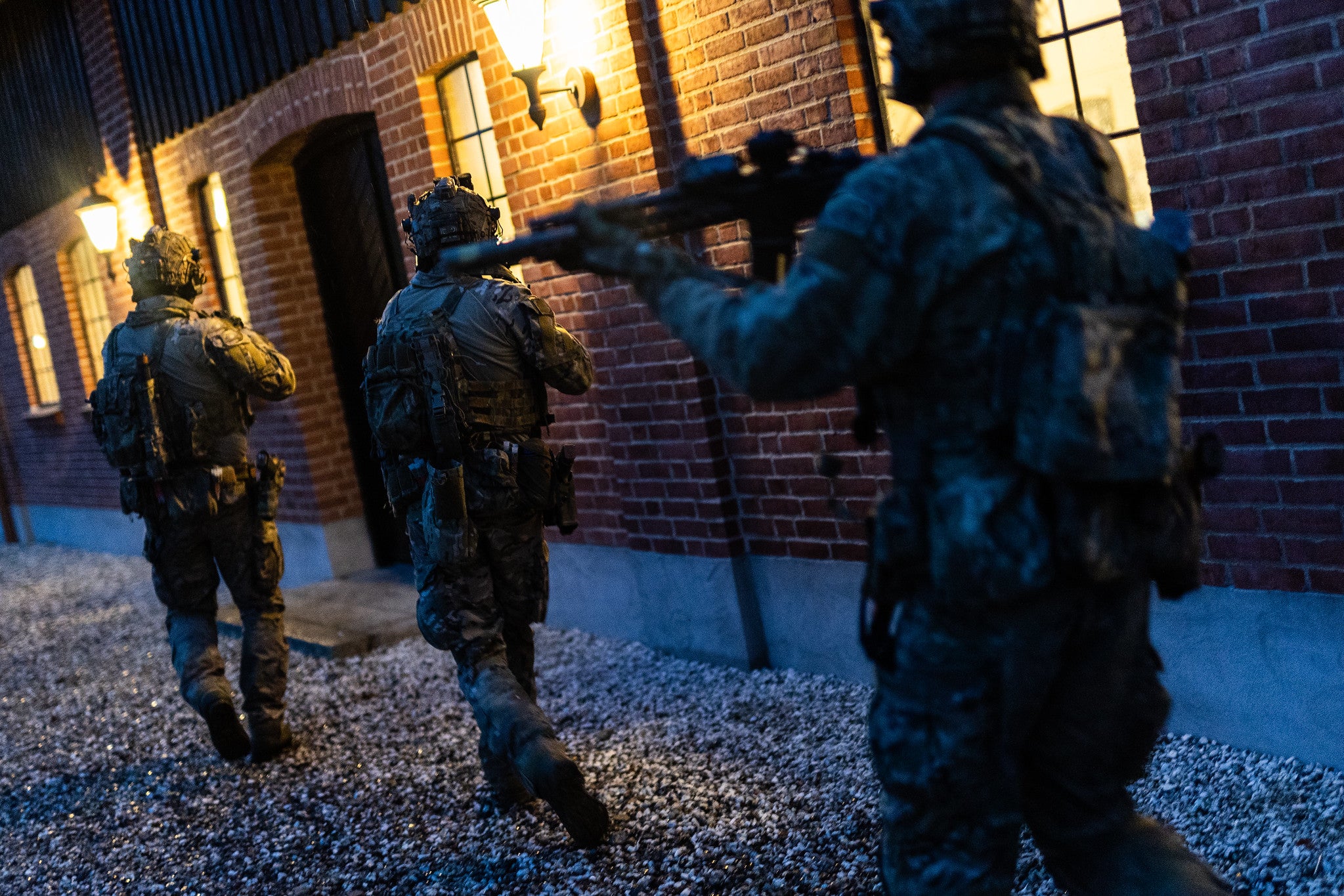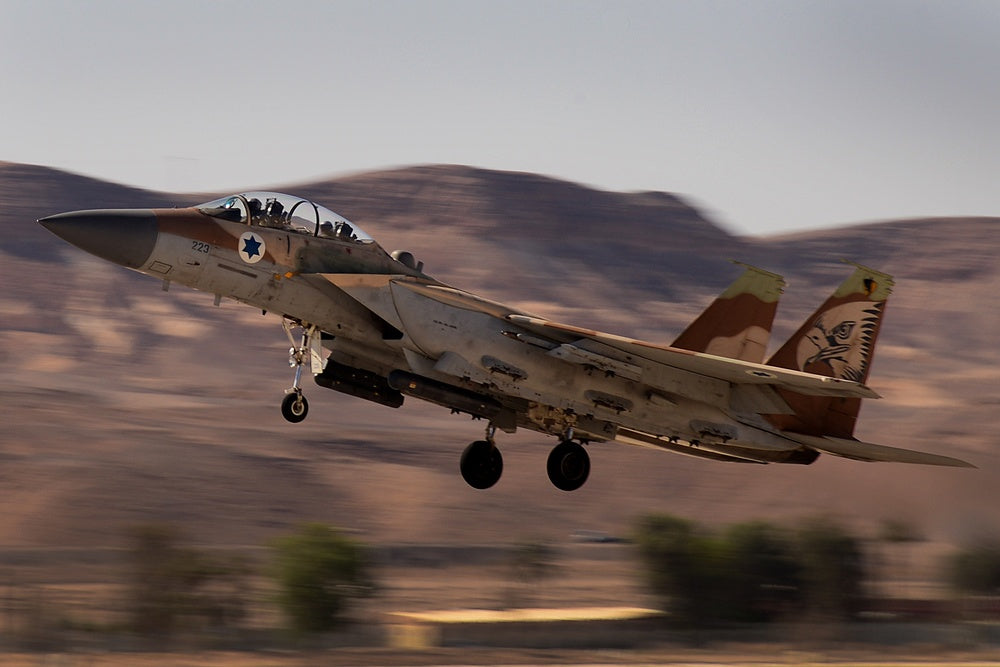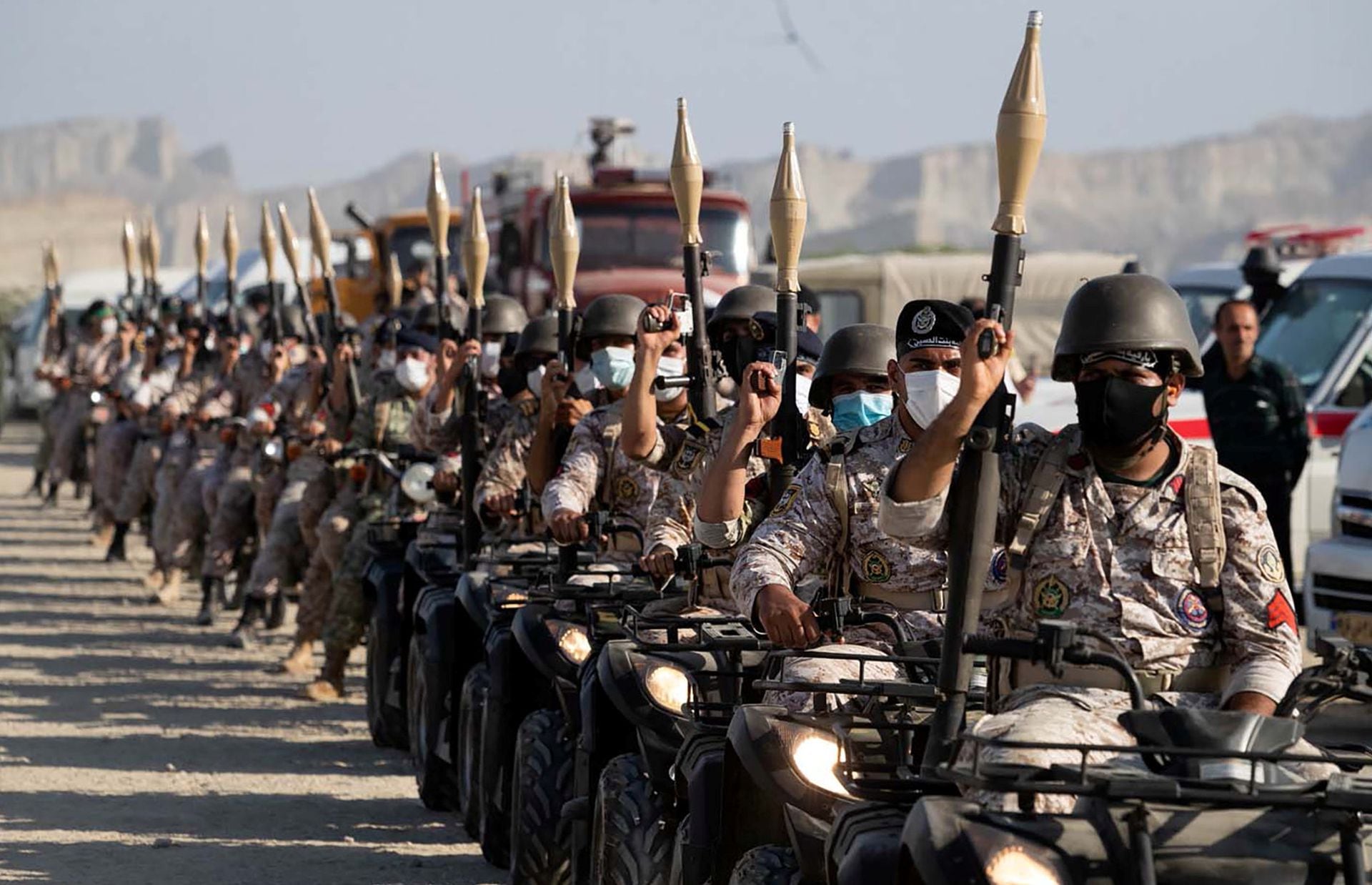
NATO needs “warfighting transformation”, top military official says
PHOTO CAPTION: Operators from the Royal Danish Army’s Jaeger Corps prepare to enter and clear a building during exercise Night Hawk 21 with NATO & Ukrainian allies on Oct. 5, 2021. (NATO photo via Flickr)
BRUSSELS (Reuters) - A top NATO military official called on public and private actors in the West on Wednesday to prepare for an era in which anything could happen at any time, including fighting a war.
"We need a warfighting transformation of NATO," the chief of the alliance's Military Committee, Dutch Admiral Rob Bauer, said as he opened a two-day meeting of national defence chiefs in Brussels.
He noted that in the past, NATO governments and companies lived in an era in which everything was plentiful, foreseeable, controllable, and focused on efficiency.
Since Russia's invasion of Ukraine in 2022, they should adjust their thinking to "an era in which anything can happen at any time, an era in which we need to expect the unexpected, an era in which we need to focus on effectiveness in order to be fully effective", he said.
His remarks come at a time when military aid is either held up or limited by political wrangling in the United States and the European Union.
Bauer pledged NATO's continued help for Ukraine.
"Ukraine will have our support for every day that is to come, because the outcome of this war will determine the fate of the world," he said.
On Tuesday, Ukrainian President Volodymyr Zelenskiy warned Western hesitation in the backing for Kyiv and fears of an escalation in the war with Russia could prolong the fighting by years.
Last week, German Chancellor Olaf Scholz berated European Union allies over what he called their insufficient support for Kyiv and urged them to ramp up their efforts.
At the same time, he said he was confident the bloc would agree its proposed 50 billion-euro aid package for Kyiv at an upcoming emergency summit on Feb. 1. The EU failed to agree on the deal at an EU summit in December due to opposition from Hungary.
(Reporting by Sabine Siebold; editing by Jan Strupczewski)









